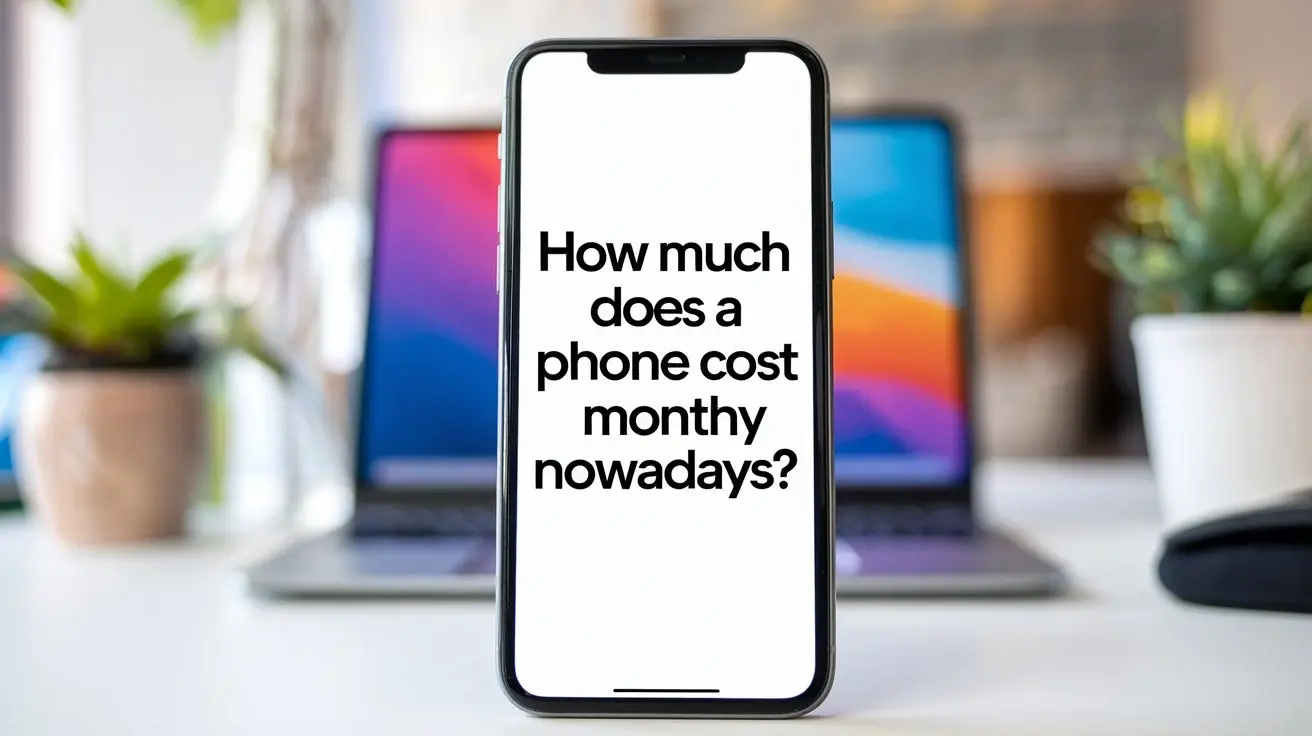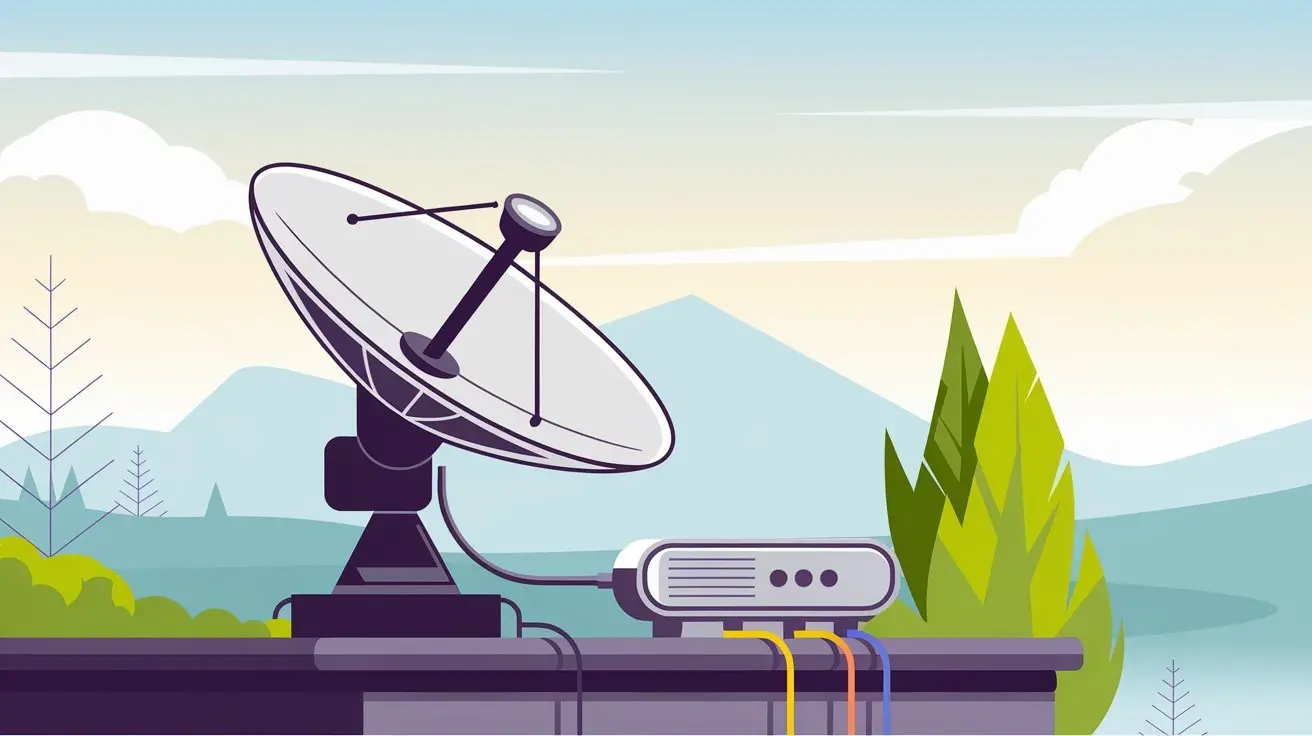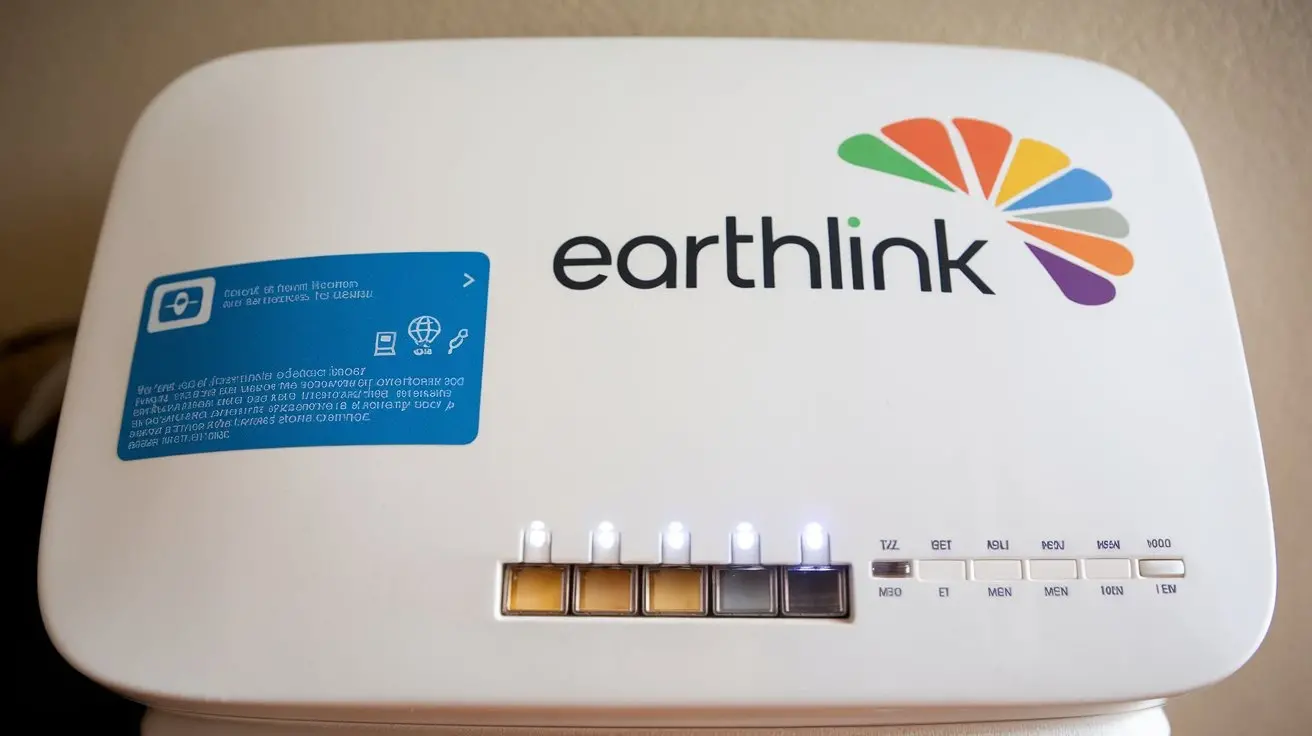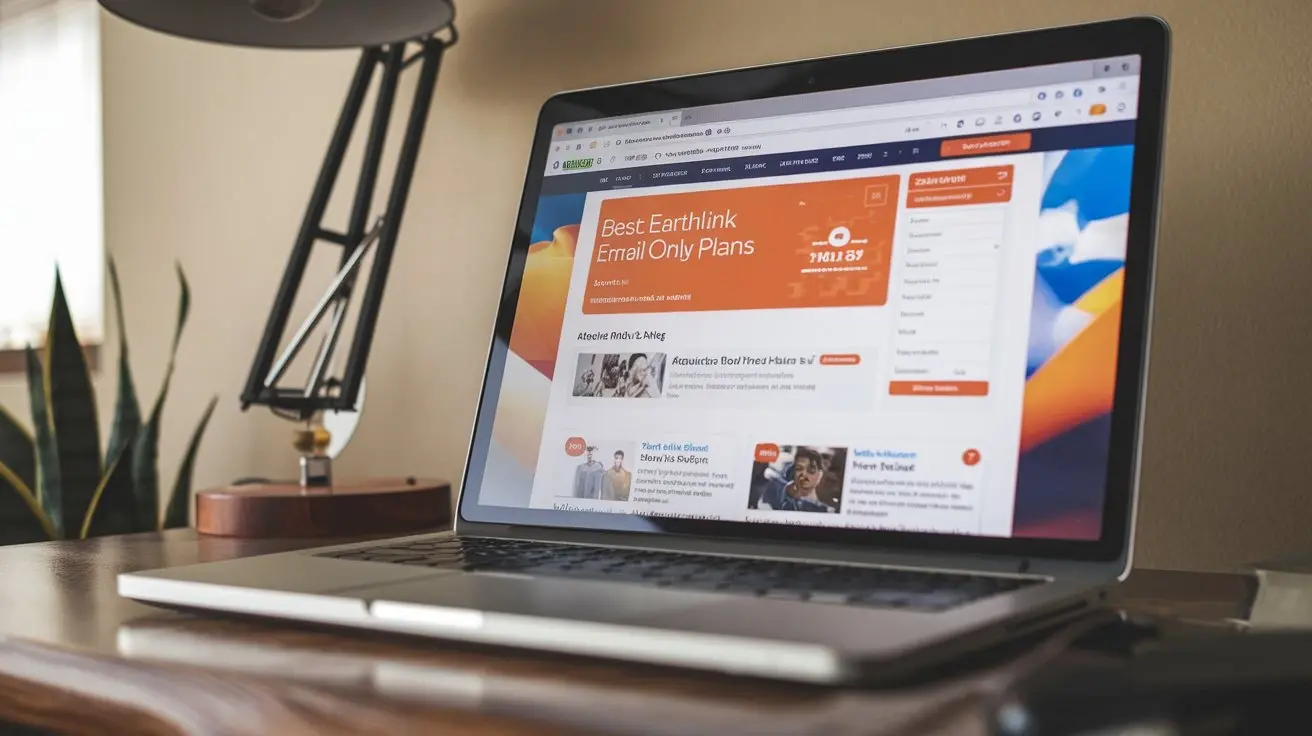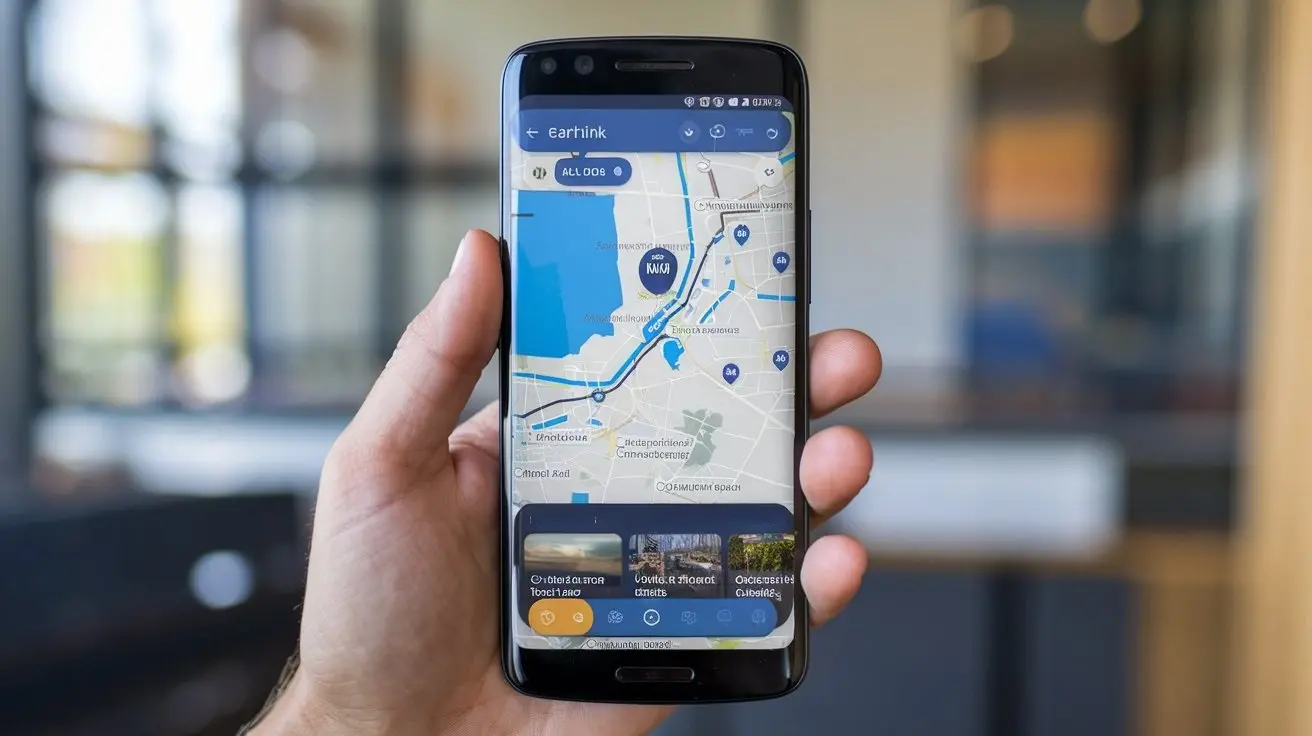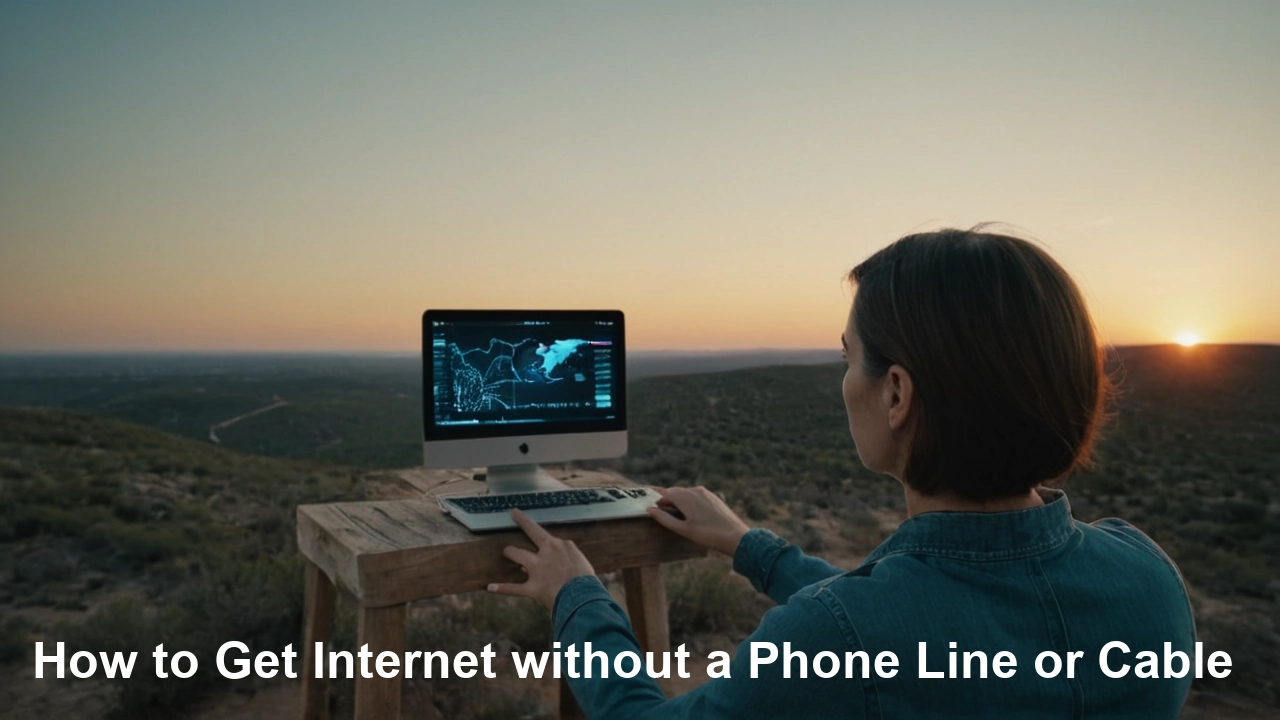
If you want to anticipate a few important aspects of a series, which later could be possibly named ‘’A’, then a stable internet connection to perform a job, study, and have fun is critical in the modern world. But connecting to the Internet through phone lines or cable connection is very expensive and cumbersome at times. Fortunately, there are many options to obtain internet without having to use a phone line or cable connection and these include; Mobile Hotspots, Satellite internet, and Wi-Fi mesh networks. In this blog post, I will highlight such options for a person who wants to have Internet without a phone line or cable.
1. Mobile Hotspots
Mobile hotspots are gadgets that connect to the internet and concurrently create a Wi-Fi network for other devices. These eligible devices can be connected to the smartphone’s data plan, and so utilizing the existing mobile data service, you can share the Internet on other devices. All principal cellular providers, such as AT&T, Verizon, and T-Mobile, present mobile hotspots that enable you to connect a vast number of devices at a time.
Pros:
- Convenient and portable
- Enjoys Internet connectivity irrespective of the geographic location as long as there is a cellular network.
- Especially suitable for working professionals who frequently travel or work from home:item_suitability
Cons:
- Streaming data can be costly, especially when you are a big family or you frequently use the internet.
- The downloading speed depends on the quality of your cellular data plan introduced in the mobile network
2. Satellite Internet
Satellite internet is more suitable for people in rural areas where normal internet connection is impossible. A satellite internet connection involves having a small dish installation on your premises that works through satellite in space for Internet access.
Pros:
- Available from most rural or remote areas as a flexible, self-generated revenue stream.
- High-speed internet access
- Will be a big advantage for those working, studying, or just playing games or watching movies online.
Cons:
- Sometimes it can be expensive, especially for low-data plans.
- May also lag due to the distance the signal was able to cover
- Must have the skyline into it to retain a fix on the satellite
3. Fixed Wireless Internet
Point-to-point Wireless oore commonly referred to as the fixed wireless Internet is a data transfer technology that employs radio waves to connect senders and receivers. This type of internet service requires that you have a small antenna installed at your compound to help you access the internet from the nearest tower.
Pros:
- High-speed internet access
- Advantageous specifically for anyone residing in areas with bad cable or telephone connectivity.
- It can also cost cheaper compared to satellite internet or mobile hotspots
Cons:
- Available only in some countries
- One of the issues of using the signal may be the interference in such regions as urban areas with high population density.
4. Wi-Fi Mesh Systems
Unlike traditional routers, Wi-Fi mesh systems are ideal for homes and commercial premises with expansive coverage since the whole network is formed from the individual nodes of the system. These systems employ numerous entry points to develop one massive network that will encompass your building.
Pros:
- Simple to set up and manage
- Can be expanded as needed
- The Right size for big homes or any business place
Cons:
- If the need is to cover a large region, the process can be pricey for the local populace.
- May have signal interference from other wireless equipment or other wireless networks
5. Public Wi-Fi Networks
A common example of open networks includes; • Restaurants and cafes • Academic institutions like libraries • Airports and other stations Another disadvantage associated with public Wi-Fi as a means of gaining fast access to Internet infrastructure is relatively high rates of security breaches.
Pros:
- Practical for first to get to the internet
- Suits specific needs best—for instance, for occasional or for short functionality of the internet.
Cons:
- May have avenues of unauthorized access by other people with malicious intent.
- Not available in some regions
Conclusion
Out of all the choices that are available today, acquiring internet without having to rely on phone lines or cable is possible. So no matter if you are using mobile hotspots, satellite internet, fixed wireless internet, Wi-Fi mesh systems or public wifi, there is something for every user out there. You can think of the best for you as per your needs, capacity, and area and get the facility of a solid web yet not influenced by the phone lines or cable.

